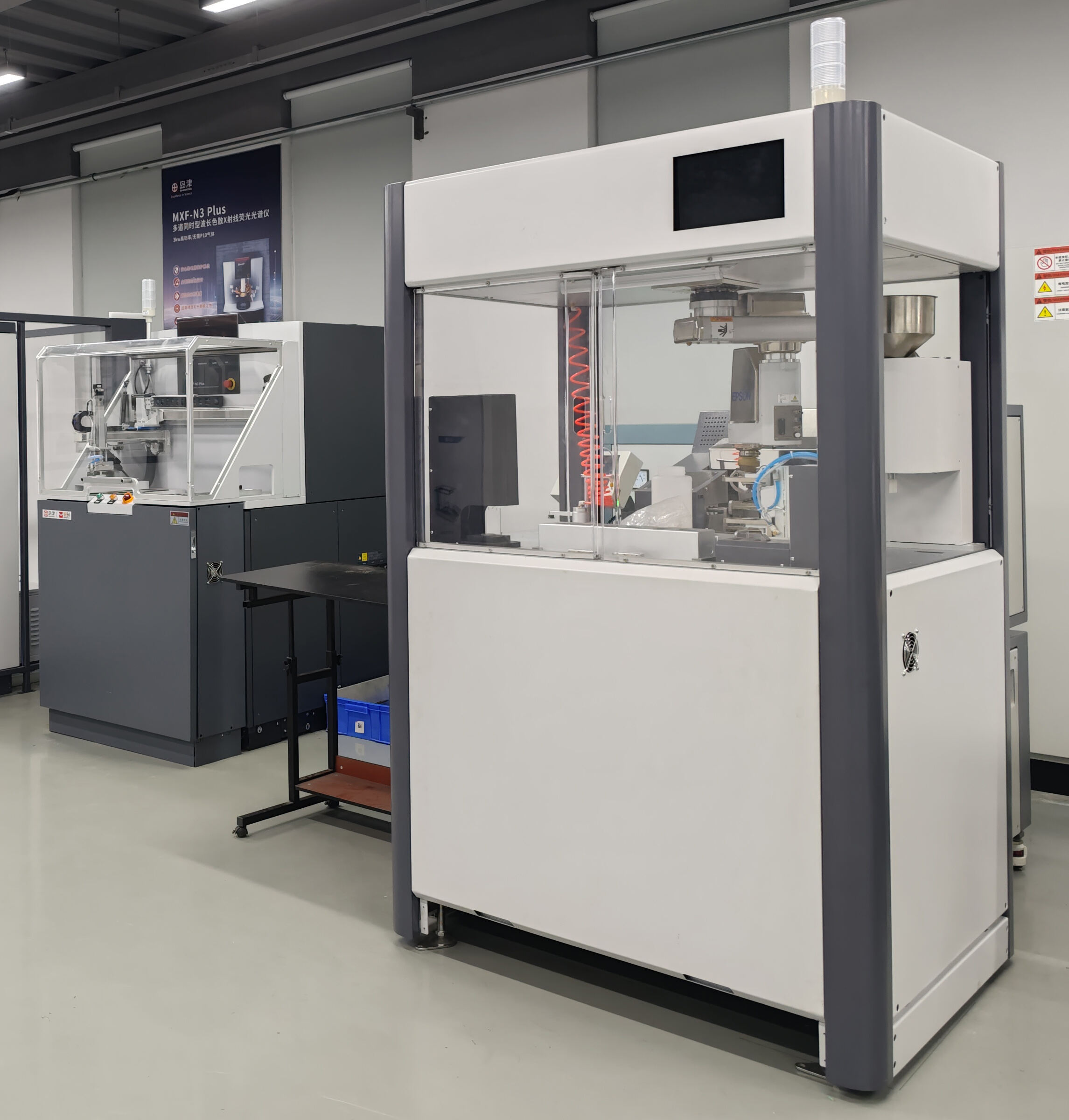Advanced Spectroscopy in Modern Metal Analysis
The evolution of metallurgical testing has transformed dramatically with the integration of sophisticated spectrometer technology. These precision instruments have become indispensable tools in quality control laboratories worldwide, offering unprecedented accuracy in material composition analysis. The metallurgical industry relies heavily on these advanced analytical devices to maintain strict quality standards and ensure product consistency across various manufacturing processes.
Modern spectrometers have revolutionized the way we approach metal analysis, providing real-time data that helps manufacturers make critical decisions about their production processes. The integration of these instruments into metallurgical operations has significantly reduced testing times while simultaneously improving the reliability of results, leading to enhanced product quality and reduced waste.
Core Components of Metallurgical Spectrometry
Essential Hardware Elements
At the heart of every metallurgical spectrometer lies a complex array of optical components designed to measure elemental compositions with exceptional precision. The source excitation system, typically utilizing spark or arc emission, generates the specific wavelengths needed for accurate analysis. The optical chamber, equipped with high-grade mirrors and diffraction gratings, separates the emitted light into its constituent wavelengths.
The detector system, comprising advanced photoelectric sensors, captures and quantifies the separated light signals. These components work in harmony to provide detailed compositional analysis of metal samples, enabling quality control technicians to verify material specifications with confidence.
Software Integration and Analysis
Modern metallurgical spectrometers incorporate sophisticated software platforms that transform raw spectral data into meaningful analytical results. These systems feature advanced algorithms capable of performing complex calculations and corrections, ensuring accurate element identification and quantification. The software also maintains extensive calibration databases, enabling rapid comparison of sample measurements against known standards.
Real-time data processing capabilities allow for immediate detection of compositional variations, making it possible to implement corrective actions before significant quality issues arise. The integration of artificial intelligence and machine learning algorithms has further enhanced the analytical capabilities of these systems.
Applications in Quality Control
Production Line Integration
The implementation of spectrometers in metallurgical production environments has revolutionized quality control processes. These instruments enable rapid analysis of incoming raw materials, in-process samples, and finished products, ensuring consistent quality throughout the manufacturing cycle. The ability to perform non-destructive testing on production samples has significantly improved efficiency while maintaining rigorous quality standards.
Real-time monitoring capabilities allow production managers to make immediate adjustments to process parameters based on spectrometer readings, minimizing the risk of producing out-of-specification materials. This integration has proven particularly valuable in continuous casting operations and alloy production facilities.
Compliance and Certification
Metallurgical spectrometers play a crucial role in ensuring compliance with international quality standards and material specifications. These instruments provide the detailed documentation required for material certification, including precise elemental composition reports that verify conformance to customer requirements and industry standards.
Quality control laboratories utilize spectrometer data to generate comprehensive certificates of analysis, which are essential for material traceability and regulatory compliance. The accuracy and reliability of modern spectrometers have made them the preferred choice for certification testing across the metallurgical industry.
Emerging Trends and Technologies
Advanced Detection Systems
The latest developments in metallurgical spectrometry include enhanced detection systems capable of identifying trace elements at previously unattainable levels. New sensor technologies and improved optical designs have expanded the range of measurable elements while increasing sensitivity and accuracy. These advances have made it possible to detect and quantify impurities that could significantly impact material properties.
Innovations in detector technology have also led to improved stability and longer service life, reducing maintenance requirements and operating costs. The integration of advanced cooling systems has enabled more precise measurements even in challenging industrial environments.
Smart Manufacturing Integration
The evolution of Industry 4.0 has brought new capabilities to metallurgical testing through enhanced connectivity and data management. Modern spectrometers can now seamlessly integrate with manufacturing execution systems (MES) and enterprise resource planning (ERP) platforms, enabling automated quality control decisions and real-time process optimization.
Cloud-based data storage and analysis capabilities allow for remote monitoring and trending of quality parameters across multiple production facilities. This connectivity has improved collaboration between quality control teams and enabled more efficient resource allocation in global manufacturing operations.
Frequently Asked Questions
What are the key benefits of using spectrometers in metallurgical quality control?
Spectrometers provide rapid, accurate analysis of material composition, enabling real-time quality control decisions. They offer non-destructive testing capabilities, improved process efficiency, and comprehensive documentation for material certification. These instruments also help reduce waste and ensure consistent product quality across manufacturing operations.
How often should metallurgical spectrometers be calibrated?
The calibration frequency depends on usage patterns and environmental conditions, but most facilities perform daily standardization checks and comprehensive calibrations every few months. Regular calibration ensures measurement accuracy and helps maintain compliance with quality standards. It's recommended to follow manufacturer guidelines and establish a documented calibration schedule based on specific application requirements.
What advancements can we expect in spectrometer technology?
Future developments in metallurgical spectrometry are likely to focus on improved sensitivity, faster analysis times, and enhanced automation capabilities. Integration with artificial intelligence will enable predictive maintenance and more sophisticated data analysis. We can also expect to see more compact, portable instruments with advanced connectivity features for field testing applications.




